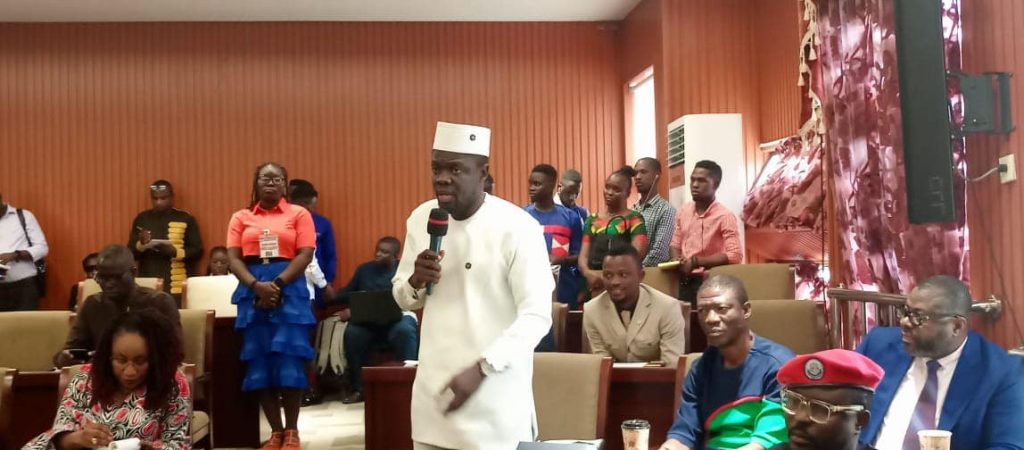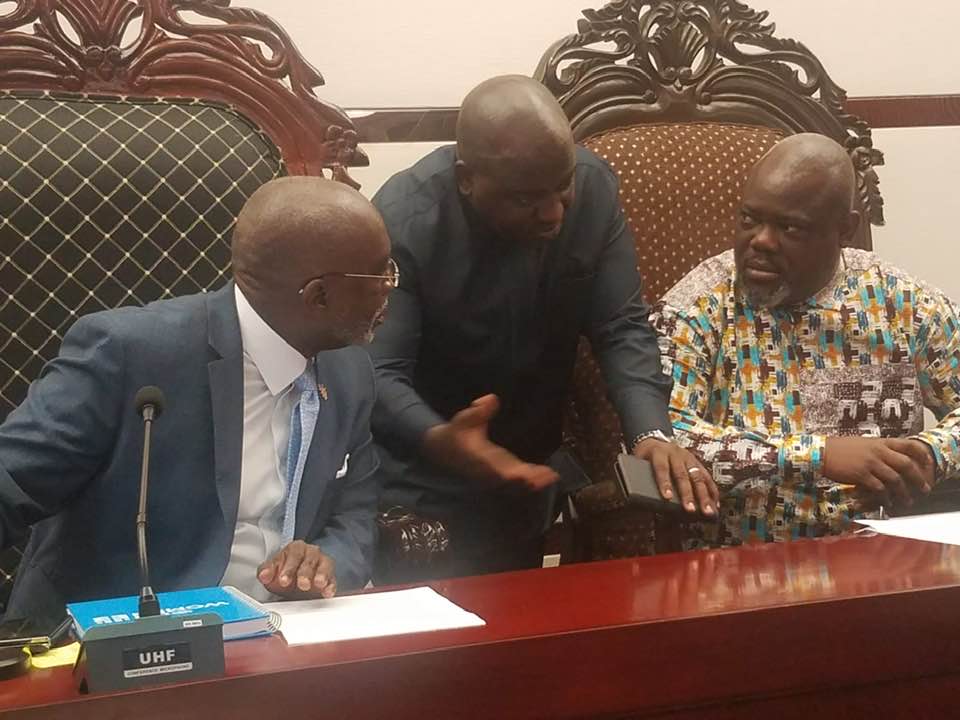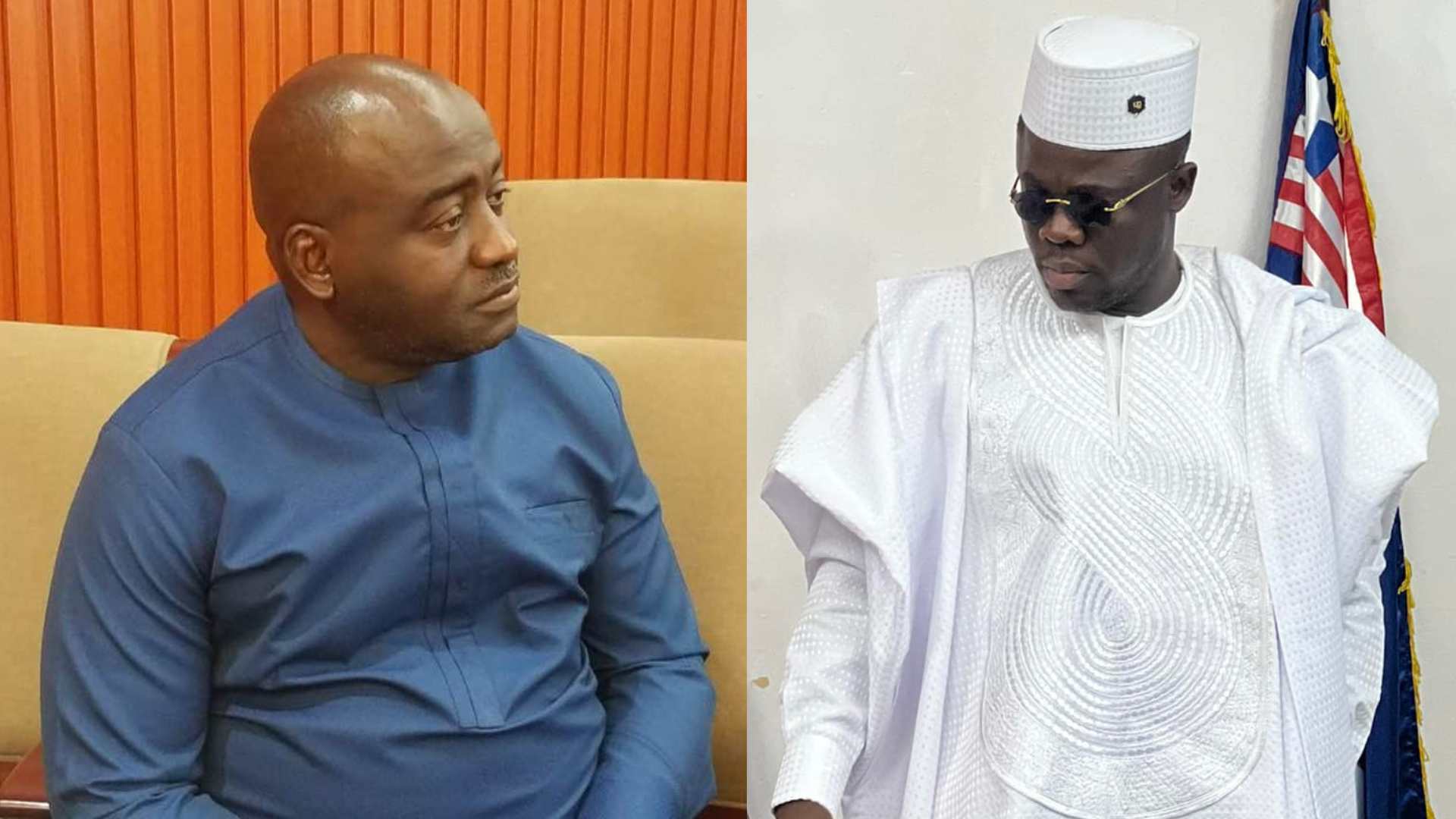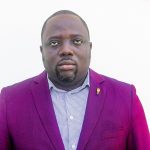Monrovia, Liberia – The controversy surrounding the procurement of “yellow machines” by the Liberian government has sparked a heated debate among lawmakers, with prominent voices calling for transparency and adherence to constitutional principles. Montserrado County District #9 Representative Frank Saah Foko and Nimba County District #7 Representative Musa Hassan Bility have both taken to social media to express their concerns.
In a Facebook post, Representative Frank Saah Foko emphasized the importance of the rule of law as the foundation for all governmental actions. He questioned the legality of the procurement process and the executive’s control over the machines.
“While we welcome any form of development that is good for our country, the fundamental development issue is the rule of law from which all other actions flow,” Representative Foko stated. “Now that machines have entered the country and appear to be under the custody and control of the executive, we must now ask the proper questions. Are these machines contracted by public funds or the full faith and credit of the Republic of Liberia?”

Representative Foko further highlighted the constitutional principle against retroactive legislation, as established by Article 21(a). He expressed skepticism about the legislature’s ability to approve the procurement retroactively.
“Given that Article 21(a) establishes a constitutional principle against retroactive passage of law, can the legislature entertain any presentation that allows for the retroactive approval of the procurement of these machines? I think not,” he asserted. “However way the government procured these machines, they must do so without public funds.”
Echoing these concerns, Representative Musa Hassan Bility called on his colleagues in the 55th Legislature to fulfill their duty to safeguard democracy. He pointed to the questionable terms of a loan associated with the procurement of the machines and urged lawmakers to reject the proposal to protect the nation’s best interests.
“Esteemed members of the 55th Legislature (HoR), the current situation demands that we fulfill our elected duty to safeguard our democracy,” Representative Bility wrote. “With an impending decision on a questionable loan for the procurement of machines, we must carefully consider the impact on our nation’s best interests.”

Representative Bility acknowledged the need for infrastructure improvements but stressed that the terms of the loan do not align with constitutional responsibilities. He called for a rejection of the proposal to uphold the constitution’s integrity and act in the best interest of Liberia.
“While the need for infrastructure improvements is evident, the terms of this particular deal do not align with our constitutional responsibilities. It is essential that we reject this proposal in order to uphold the integrity of our constitution and act in the best interest of Liberia. This is our moment to demonstrate unwavering commitment to our country,” he concluded.
The posts by Representatives Foko and Bility highlight a growing concern within the legislature about the transparency and legality of the yellow machines’ procurement. As the debate continues, the public and lawmakers alike are demanding clear answers and accountability from the government.
Liberian-born Emmanuel Orlind Cooper is an accomplished multimedia journalist with extensive experience covering news and stories on a variety of media platforms. Orlind's work frequently demonstrates his profound grasp of the region and its complexity, given his Liberian heritage.
Now residing in Woodbridge, Virginia, he keeps connecting with readers across continents with his perceptive journalism and sharing his viewpoint. He is well-respected in the sector because of his unwavering commitment to honesty and morality, which sets him apart in the field.
Orlind's work is more than simply his job; it's a dedication to giving voice to the voiceless, illuminating unsung tales, and advancing the worldwide conversation on important concerns. His goal as a journalist is to use the media's power to change the world, not just to disseminate information. He is a key player in modern journalism because of the inspiration, education, and engagement that his work consistently provides.


